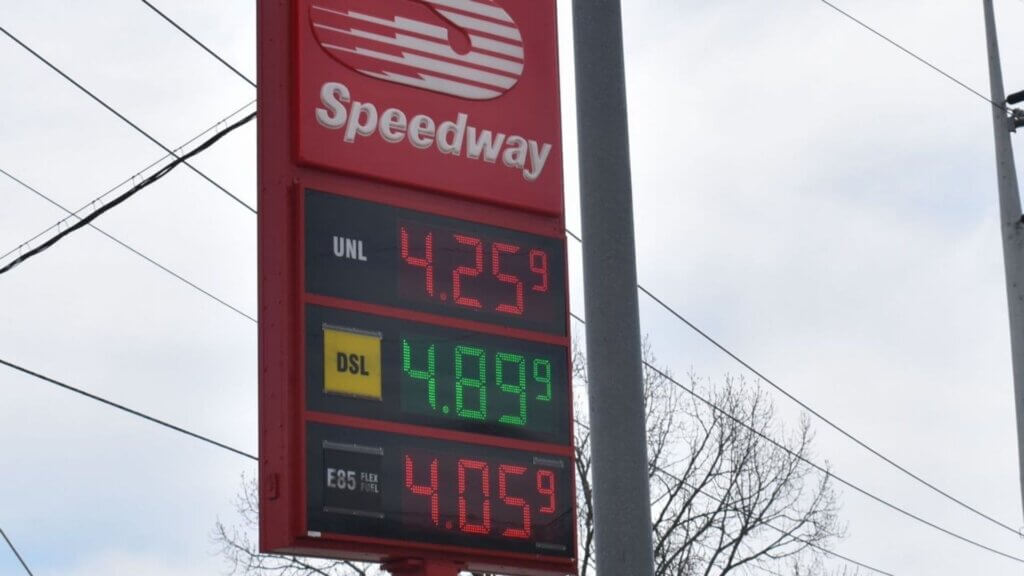
Kentucky State Motor Vehicle Fuel Tax is $0.287 per gallon. Unlike some states, Kentucky’s gas tax is tied to the average wholesale price of fuel. The state’s rate is adjusted quarterly based on average wholesale fuel price changes. This structure has contributed to the gas tax’s eroding buying power and has left the state with an infrastructure funding gap.
Kentucky Fuel Tax Changes
Across the country, states controlled by both parties have been pausing fuel taxes in response to soaring gas prices. Kentucky’s gasoline tax, however, remains at $0.287 per gallon, and funds collected through the state’s gas tax are used for road construction and repairs. In 2015, the state adopted a tax “floor” to keep the rate from falling below the current total of 26 CPG. This floor was designed to help stabilize revenue levels and allow the state to address a backlog of road repair projects.
All 50 states and the District of Columbia levy some form of fuel or energy tax. Some, such as Florida and North Carolina, use a percentage-based fuel tax that adjusts with inflation or prices without regular legislative action. The Kentucky Weight Distance Tax, also known as the KIT or IFTA, requires that inter- or intrastate motor carriers whose vehicles travel on Kentucky roadways pay a quarterly fuel usage tax based on their vehicle’s gross vehicular weight and mileage. The tax is reported on the IFTA return. Kentucky also offers permanent KIT licenses and temporary 10-day permits for drivers who make brief trips into the state.

Kentucky Fuel Tax Exemption
In Kentucky, there are many ways to save money on fuel taxes. These include: paying taxes online, registering your vehicle in a different state, and using an excise tax refund check. You can also get a rebate from the state for purchasing energy-efficient appliances. However, the rebate is subject to certain restrictions. The state gas tax in Kentucky is based on a percentage of gasoline’s wholesale or “rack” price. This structure allows the state to increase its revenue as oil prices rise, but it can also cause problems when prices fall. The state must adjust its tax rate to prevent revenue declines in these cases.
Some goods are exempt from sales tax in Kentucky, including services provided by veterinarians and security system monitoring companies for residential customers. Other services that are taxable include the sale of livestock and machinery, transportation services, and the sale of food products. Manufacturers and industrial processors may be eligible for a utility tax exemption in Kentucky. However, they must submit a Form 51A381 to the local utility provider.